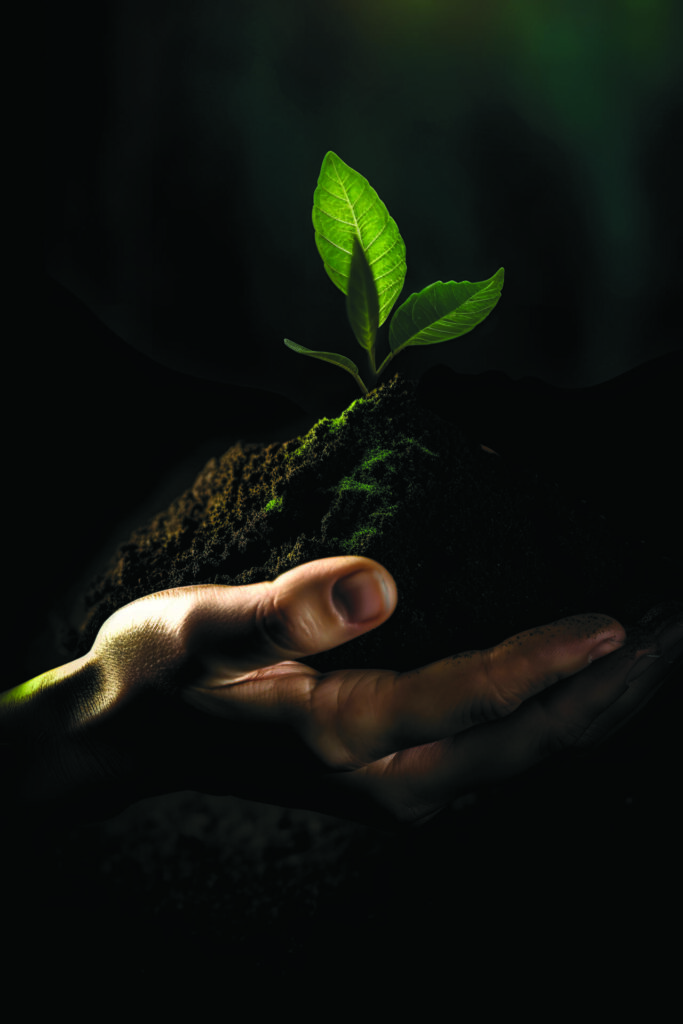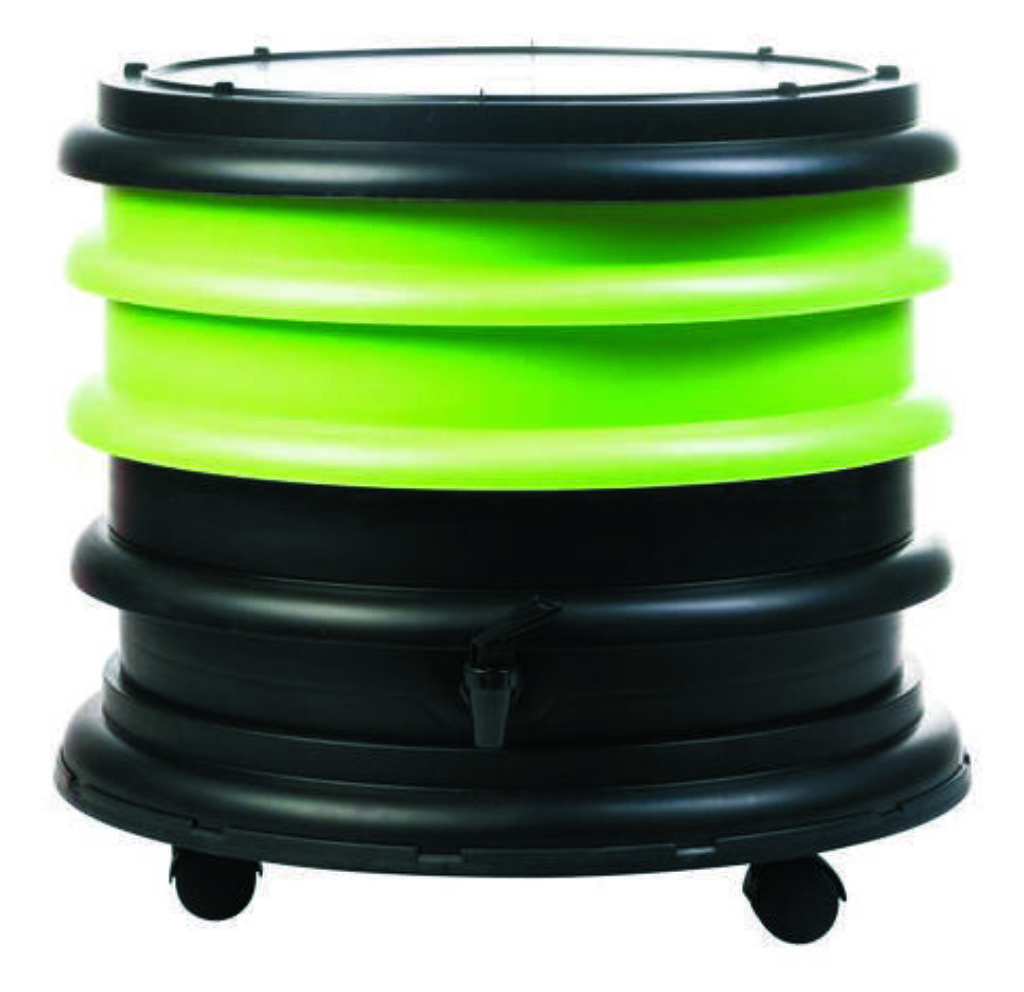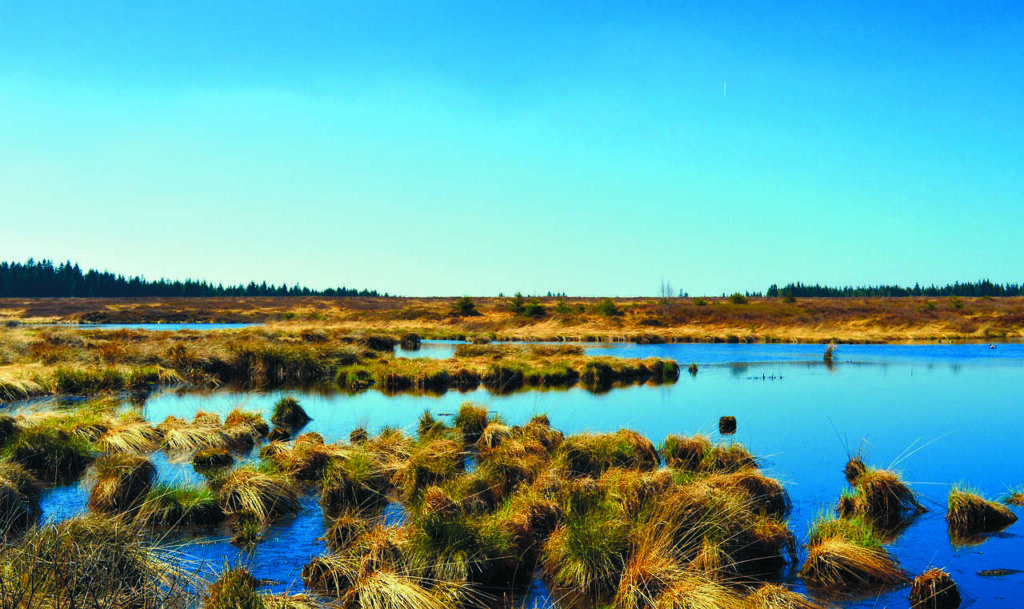
Have you checked out Cranleigh Plant Share on Facebook, where members give away plants and gardening equipment etc. and request items they want? Recently, a member posted that she’d bought some peat-free compost and wasn’t at all impressed with it. Another couple of members also confirmed similar problems, so I’m taking the opportunity to write about it before people write off peat-free composts altogether.
In general I use my composter to produce mulch from fallen leaves etc which I put on my beds in autumn and winter, which works well. However, when I need to buy additional compost, I purchase peat-free compost. While I can’t comment on the specific peat-free compost the Cranleigh Plant Share members used, I can explain why peat is really bad for the environment.
Peat Bogs are carbon and methane stores
Peat bogs trap carbon dioxide and methane. For those of you interested, carbon dioxide emitted into the atmosphere mostly dissolves into the oceans over about 200 years, the rest stays in the atmosphere and affects the climate for thousands of years.
Methane has about 70-80 times the warming effect of carbon dioxide but it breaks down within approximately 12 years (it was originally thought that methane had about 12 times the heating effect of CO2 but it’s now been proven that this is not the case).
Neither of these greenhouse gases are good for the planet as Nature has devised a means by which to store greenhouse gases, keeping our planet in balance over millennia – until we started digging them up and releasing them back into the atmosphere.

As such, by continuing to use peat, gardeners are contributing to global warming but it’s worse than that as, by draining peat bogs, we’re also affecting the eco-system of the peat bogs by destroying habitats for animals, plants and insects who need them to survive. On the one hand we place bug hotels in our gardens and on the other we’re unwittingly helping to destroy them.

What are the alternatives?
I’ve used coir compost for years, when I’ve needed to buy some. It’s finally becoming more popular and there are other alternatives if you look for them, but do try to make your own compost which of course will cost you nothing. If you don’t have space for a larger composter, you can use a wormery (and all compost will be enriched by the feed that a wormery produces). Worm castings are also great to add to peat-free composts of any type, although you’ll be hard pushed to find any at this time of year.

Happily, the UK is one of the countries phasing out peat based compost and as gardeners, surely we need to be aware of the enormous power we can have as consumers. Garden Centres are still selling “low peat” compost but we really need to choose not to use it and think sustainably. Even if a bought version of an alternative doesn’t work well, there really are others that will. It may take a little time to find what works for you, but a little trial and error and you’ll get there. Indeed, if people have suggestions, then please get in touch!
Sharon Duggan
www.facebook.com/howtoliveagreenerlife
www.facebook.com/cranleighclimateaction











